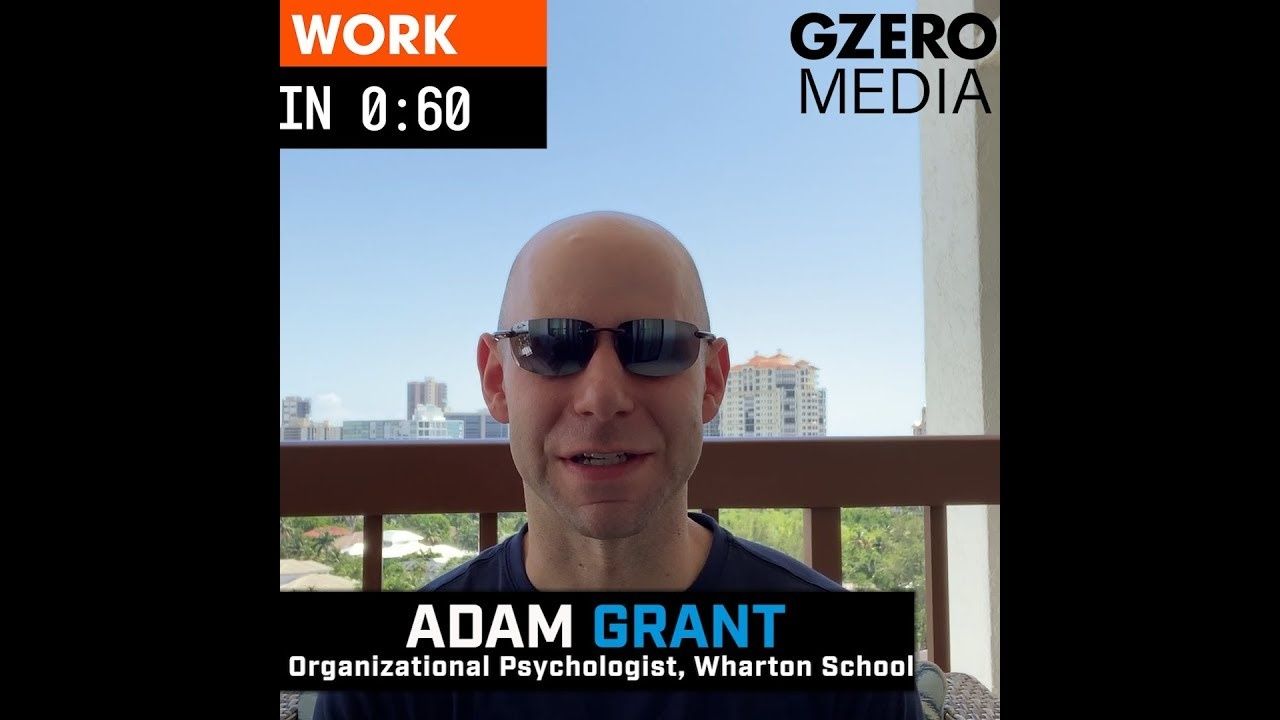
Should you practice what you preach?
I'm actually going to say no, you should do the reverse. I think the danger of practicing what you preach is that you claim a set of values and then you hope that you're going to live up to those values through your actions. And if you do great you've just demonstrated integrity. But if you fall short you become a hypocrite. I think a simpler rule is to only preach things you already practice. And then there's no risk of a gap between your claims and your actions. There was a cultural critic Lionel Trilling who wrote about a distinction between authenticity and sincerity. He said authenticity was closing the gap between your inner thoughts and what you express to the outside world. But sincerity is the opposite. It's starting by paying attention to the person you claim to be and then saying internally I want to become that person. And that kind of sincerity is really easy if you're only preaching the things that you already practice.